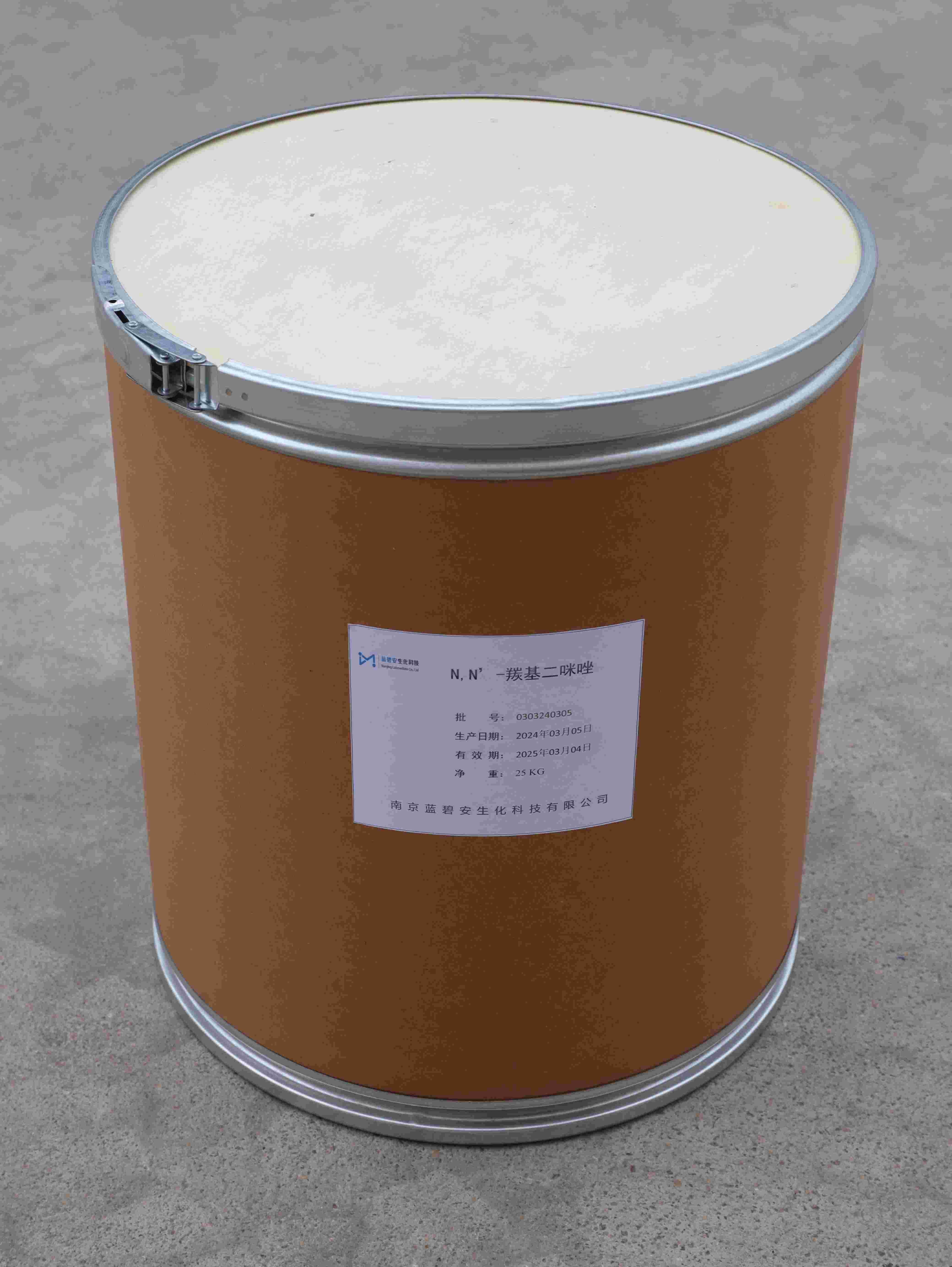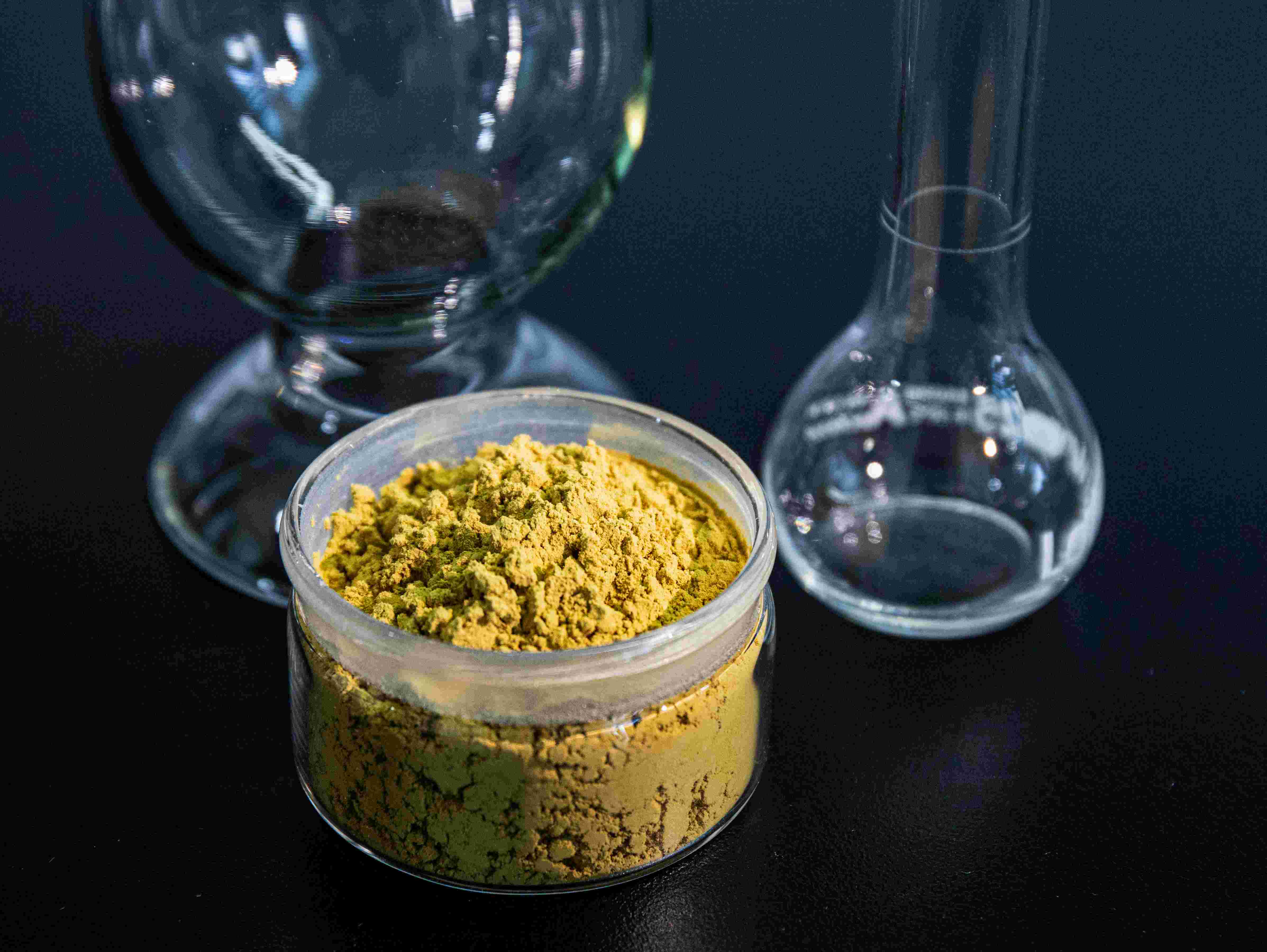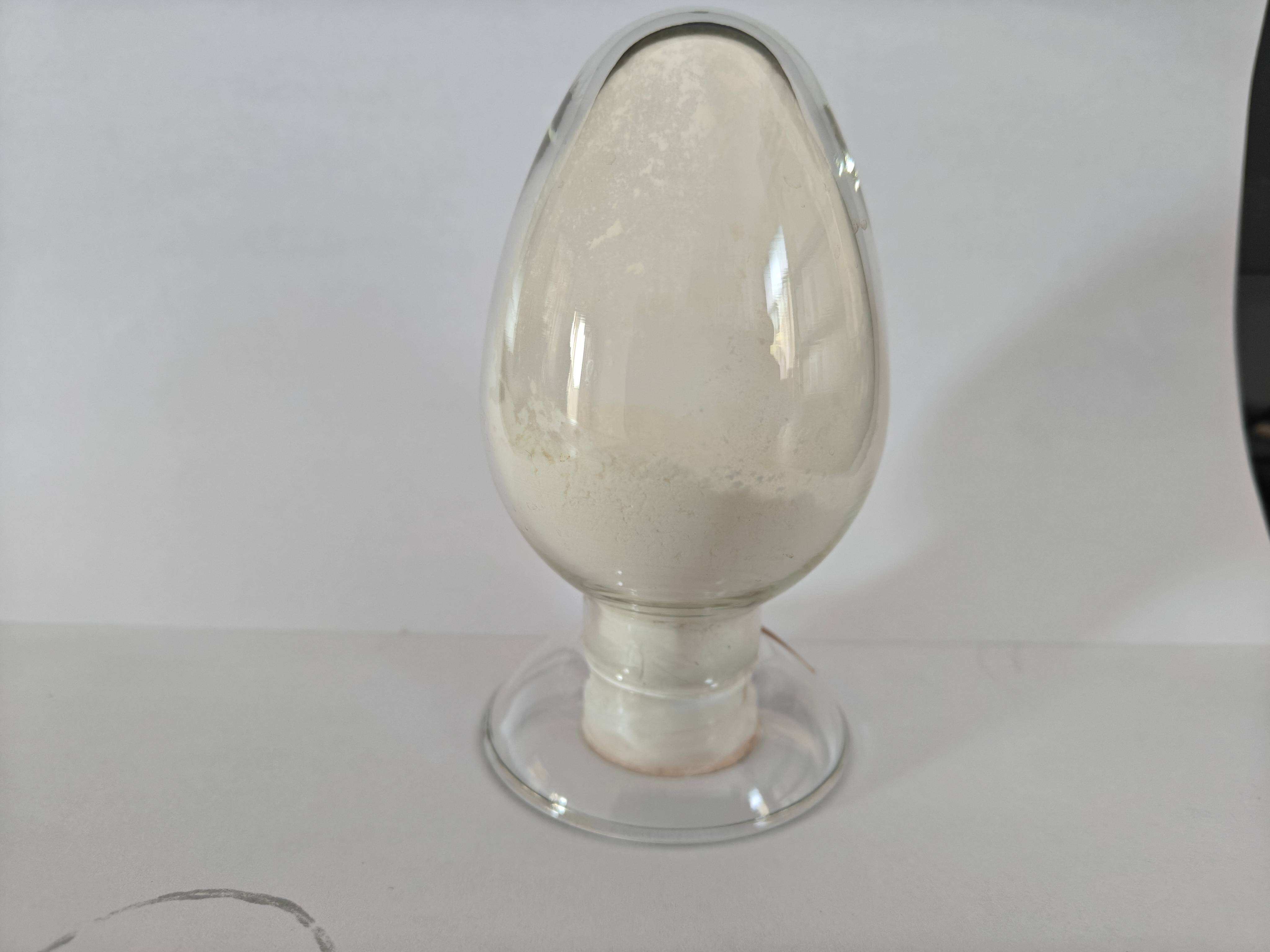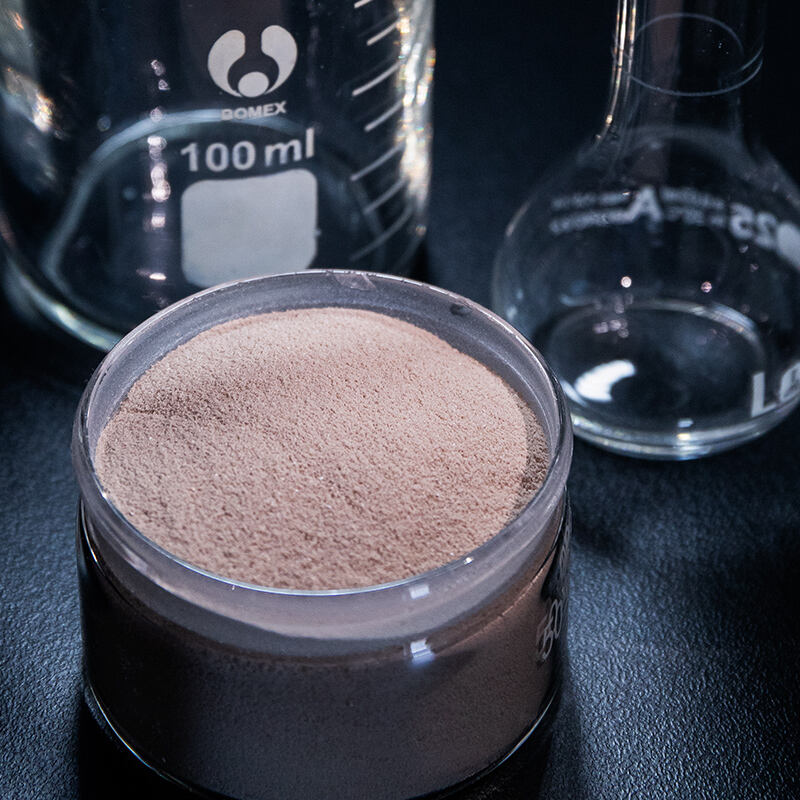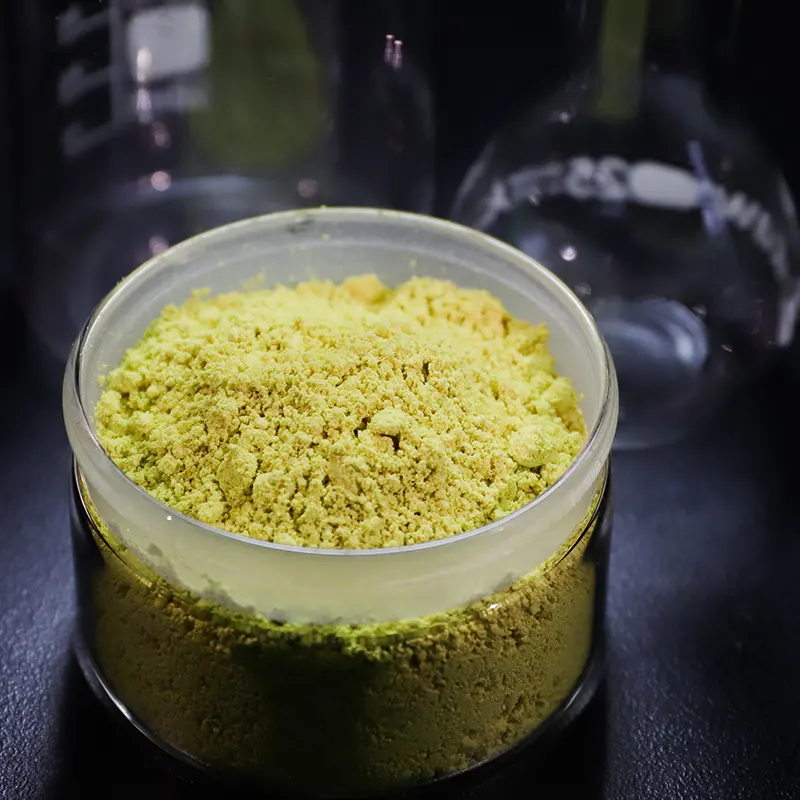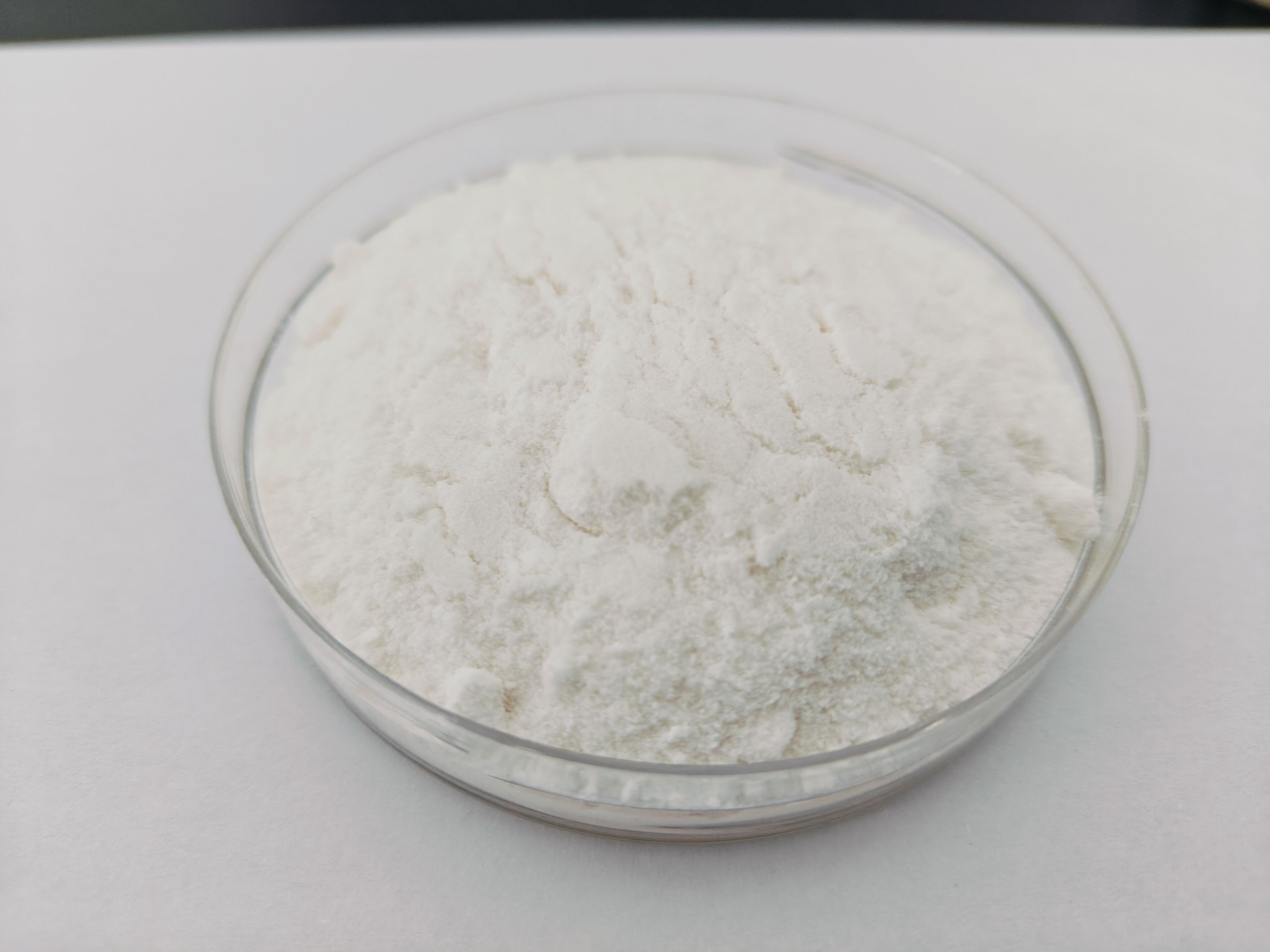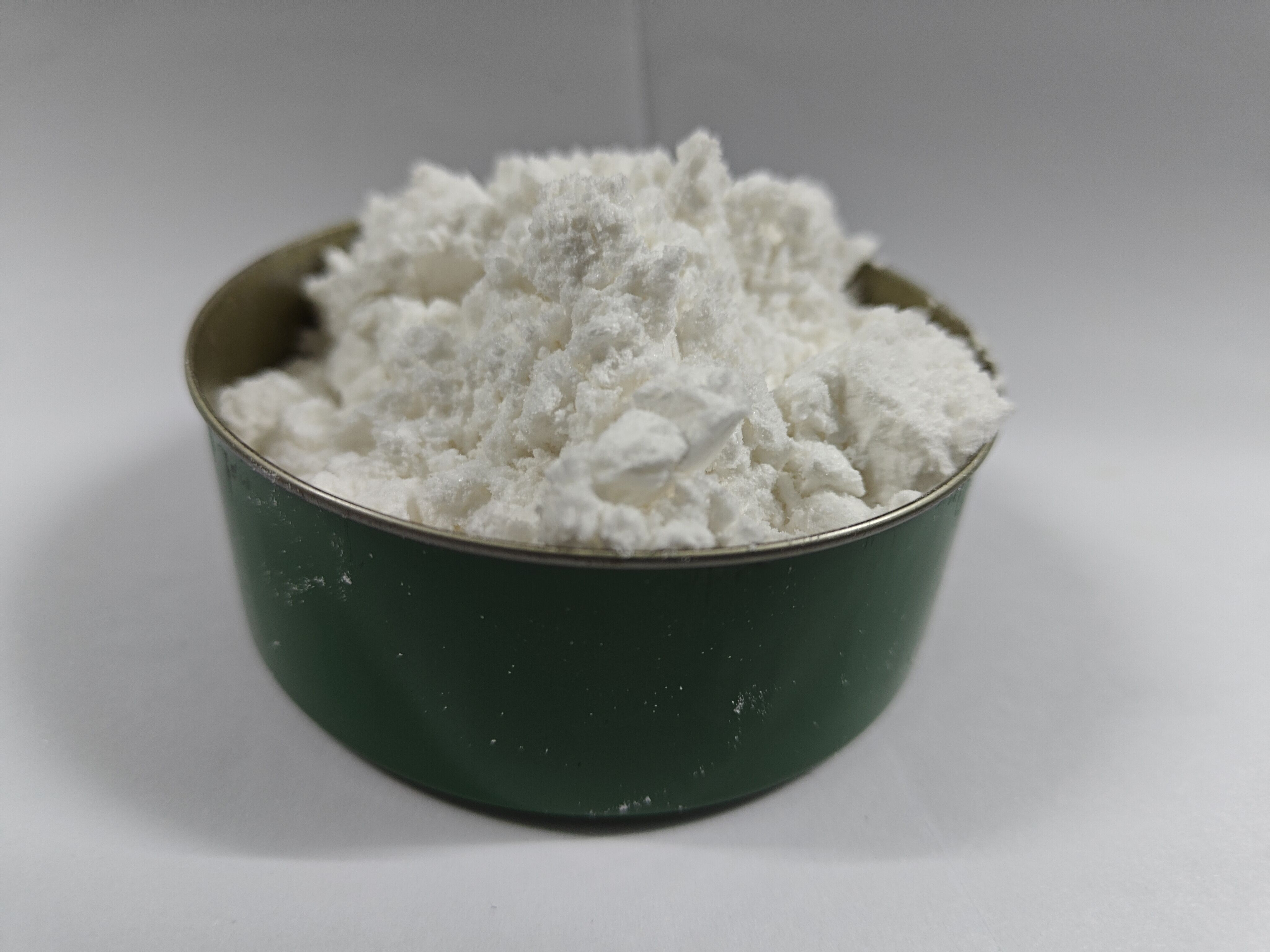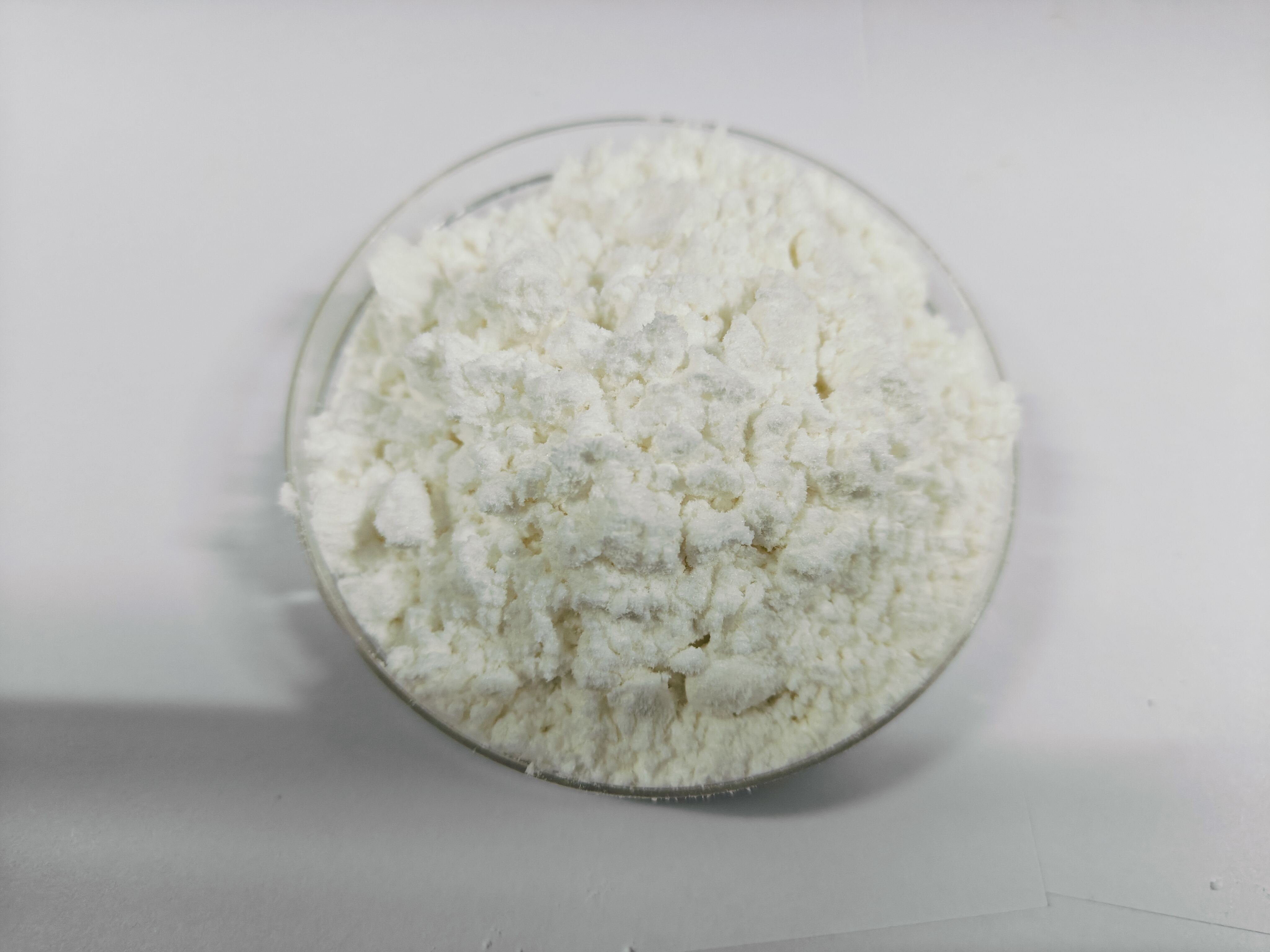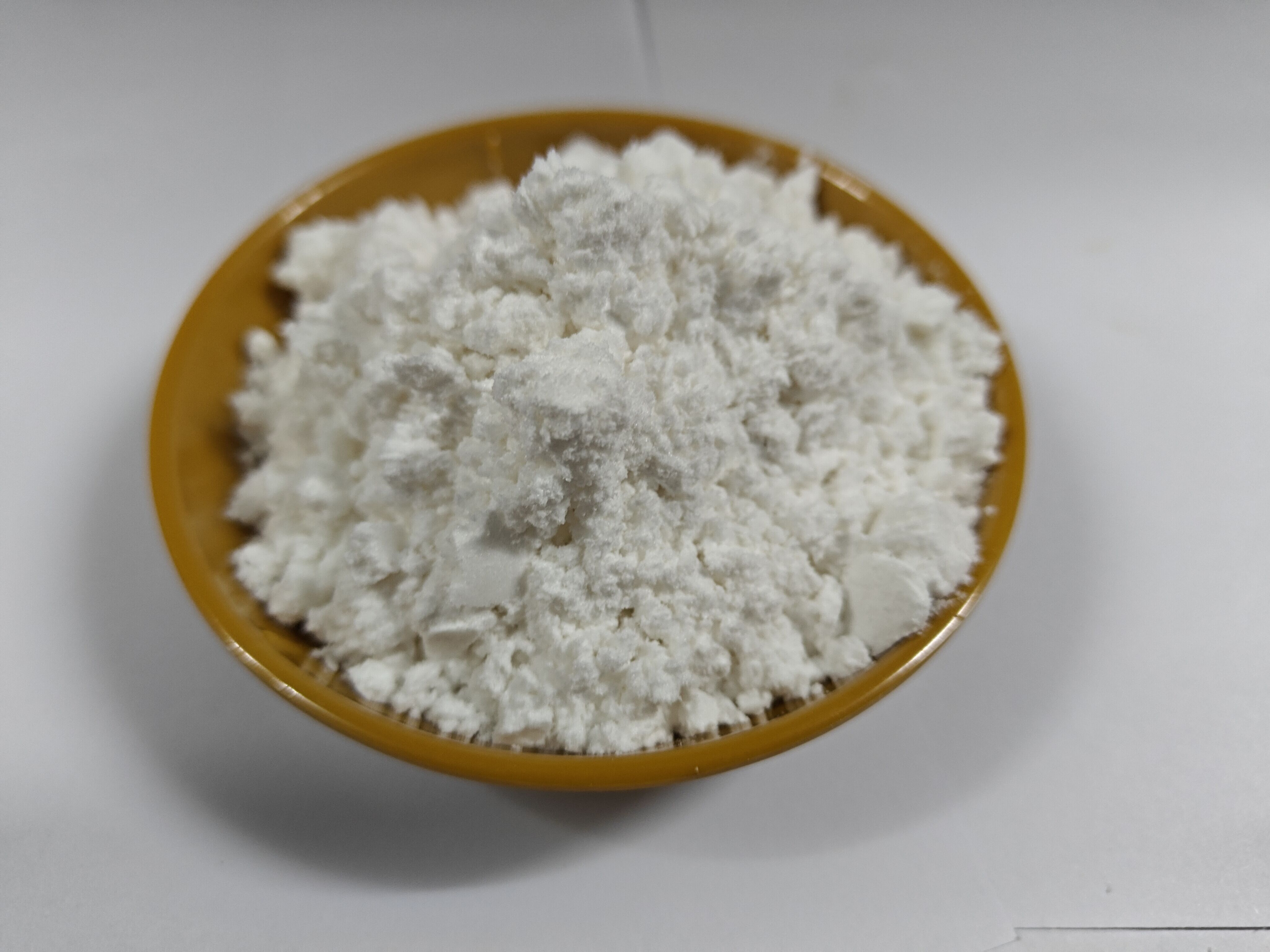mga reaksyon ng carbonyldiimidazole
Ang mga reaksyon ng Carbonyldiimidazole (CDI) ay kinakatawan bilang isang pangunahing elemento sa modernong sintesis ng organiko, nagbibigay ng isang mapagpalipat na paraan upang mabuo ang mga ito at ester na mga bond. Ang makapangyarihang rehayento na ito, N,N-carbonyldiimidazole, ay gumagana bilang isang epektibong kumpli ng agente na nagpapatakbo ng mga asido carboxylic para sa mga reaksyon ng nucleophilic substitution. Ang mekanismo ng reaksyon ay sumasali sa pagbuo ng aktibong espesye ng acylating sa pamamagitan ng reaksyon sa pagitan ng CDI at isang asido carboxylic, kasunod ng pagsalakay ng nucleophilic ng aminas o alcoholes upang bumuo ng mga inaasang produkto. Isa sa pinakamahalagang teknolohikal na katangian ng mga reaksyon ng CDI ay ang kanilang kakayahang umuwi sa madaling kondisyon, tipikal na sa temperatura ng silid, nang hindi kailanganin ang malubhang mga rehayente o ekstremong kondisyon. Ang mga lamang produktong ito ay carbon dioxide at imidazole, nagiging sanhi na maging kaayusan at maayos ang mga reaksyon sa kapaligiran. Sa industriyal na aplikasyon, ang mga reaksyon ng CDI ay lubos na ginagamit sa sintesis ng farmaseutikal, peptido kimika, at polymer pagbabago. Ang teknolohiya ay napakalaking halaga sa pag-unlad ng gamot, kung saan ito ay nagbibigay-daan sa epektibong paggawa ng mga ito na mga bond sa komplikadong mga estruktura ng molekula. Sapat na, ang mga reaksyon ng CDI ay naglalaro ng isang kritikal na papel sa produksyon ng iba't ibang industriyal na kemikal, kabilang ang mga produkto ng agrarkultural, mga mikro kemikal, at espesyalisadong mga materyales.

